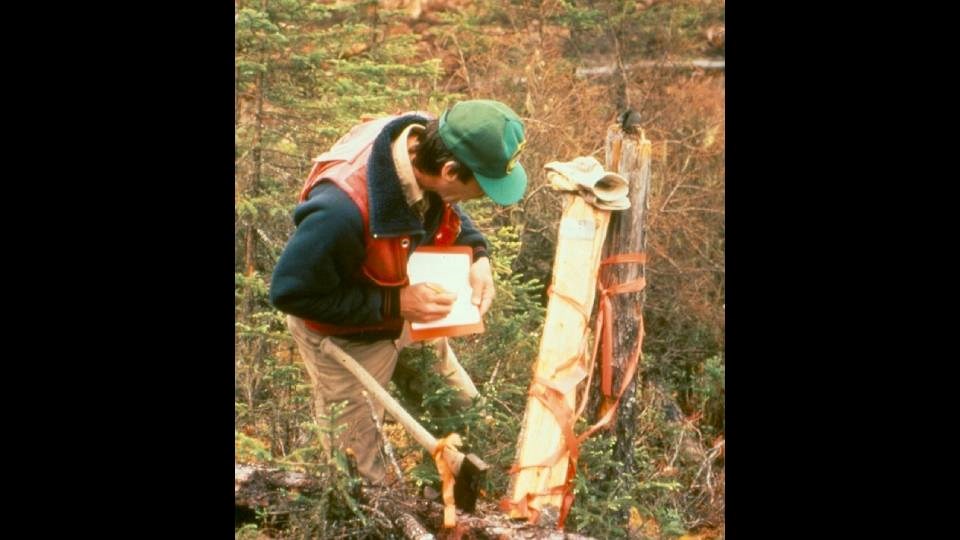Indigenous leaders in Ontario are calling for a moratorium on the virtual staking of mining claims while they review the process to ensure that impacted First Nation communities are being properly consulted.
In a resolution passed last November during the organization’s annual fall assembly, the Chiefs of Ontario say the Mining Lands Administration System (MLAS) puts pressure on First Nations to participate in potential mineral development opportunities while also reducing the amount of land available for land claim settlements that are already underway.
“The online claim-staking process further allows for the minimization of First Nations consent and any requirements based on the duty to consult and accommodate by being conducted in a globally accessed virtual environment,” states the resolution, outlined in a document obtained by Northern Ontario Business.
“The invisible virtual mining process in Ontario compromises and impacts the spirit and intent of all treaties and unceded territories in Ontario.”
Using the MLAS, which was introduced in 2018, anyone can go online, register, and stake an Ontario mineral claim with a few clicks of a mouse.
Previously, prospectors were required to register in person, visit the parcel of land in question, and physically hammer stakes into the ground at the claim site.
Wilfred King, chief of Kiashke Zaaging Anishinaabek, also known as Gull Bay First Nation, expressed his frustration with the online process in an interview with Northern Ontario Business last summer.
Despite ongoing discussions with government about expanding their territory, located in northwestern Ontario, King said multiple lithium exploration companies had staked hundreds of new claims on the subject land in just a few weeks’ time.
“It’s not like we’re not in exploratory talks,” King said at the time. “We’re at a stage of where it’s been accepted by both Canada and Ontario.”
King called for the province to withdraw the land from mineral claim-staking, and said the community would not hesitate to take legal action if their request was denied.
“We will be going to court for sure,” King said. “If these withdrawals do not happen sooner than later the companies are, and will be, quite aware Gull Bay is vehemently opposed to this. And if they’re going to invest money into this, it will be money spent badly because we’re not going to approve this.”
In its resolution, the Chiefs of Ontario say they want a one-year moratorium on MLAS claim-staking, during which time the organization plans to conduct a review of the system and its impact on Indigenous communities.
That includes “the use of mining claims for purposes other than mining, and the resulting impact on the rights of First Nations across Ontario related to hunting, fishing, trapping, gathering, land usage, and access,” the resolution states.
The Chiefs also want to develop a Mining Sector Strategy.
Under this initiative, they would take inventory of all mineral claims on First Nation land that have already been allocated to prospectors, exploration companies, and mining companies.
They would additionally research further how mining activity is impacting reserve lands, traditional and treaty territories, ultimately issuing recommendations for long-term solutions.




